Why Movie Theaters Need To Die
Movie theaters need to die so that they can be resurrected as something better.
This article is more than 2 years old
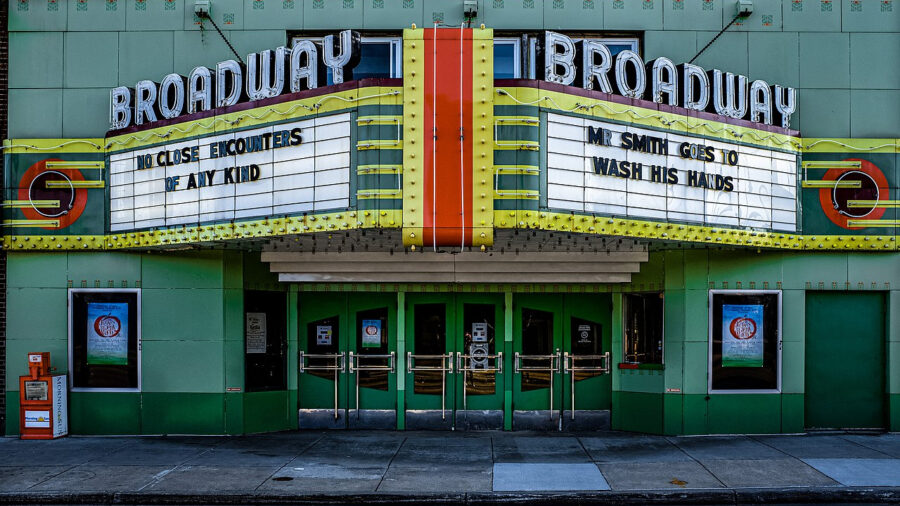
Movie theaters are at a crucial point in their lifecycle. The coronavirus pandemic has devastated the theatrical exhibition marketplace. Regal Cinemas, the second-largest theater chain in the United States, is once again going to suspend operations. Things are looking equally dour for AMC, the biggest theater chain in the country. Studios continue to pull major releases from the 2020 calendar, with the recent rescheduling of No Time to Die being another nail in the coffin.
And unfortunately, it is time to say something that is going to come off as extremely cruel: movie theaters had this coming. And with things looking like they will assuredly get worse before they get better, we now have to look at a cold reality when it comes to the future of film exhibition in the United States.
In their current form, movie theaters need to die.
Movie Theaters Were Always In Trouble
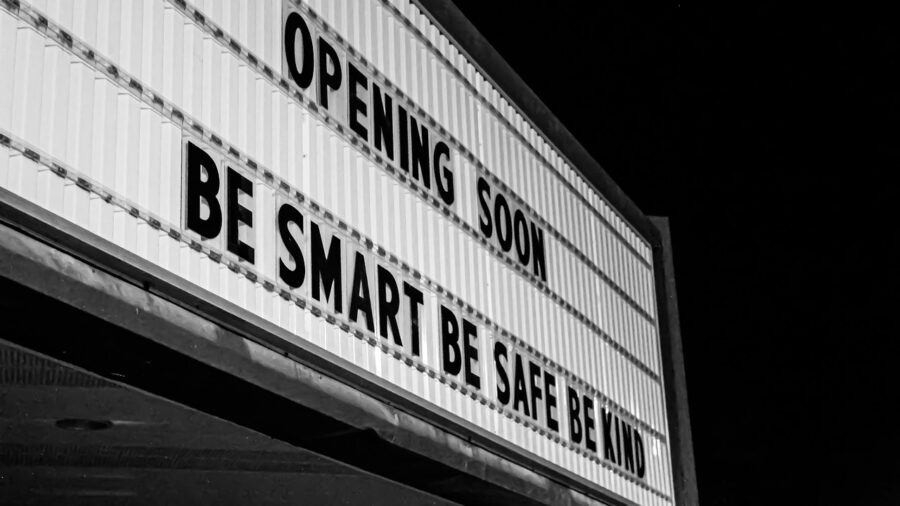
To be frank, movie theaters have had a battle coming their way for a long time. As standards for audience etiquette and proper exhibition have been failing for years, the box office has become solely dependent on event cinema to keep itself profitable. Theaters were already starting to see that many non-blockbuster productions were underperforming and the trend was clearly headed towards movie theaters being even more reliant on a handful of mega-budget event films to keep them relevant.
As ticket prices and concession costs continued to rise, going to a movie theater was already becoming a significant expense for many consumers. It was not uncommon to hear that moviegoers – especially families with young children – were deciding to only make a maximum of four trips to the movies every year. That would track with picking certain major releases that seemed worth the price consumers were going to pay. This was likely to become the model that theaters were going to adapt to in order to maintain maximum profits.
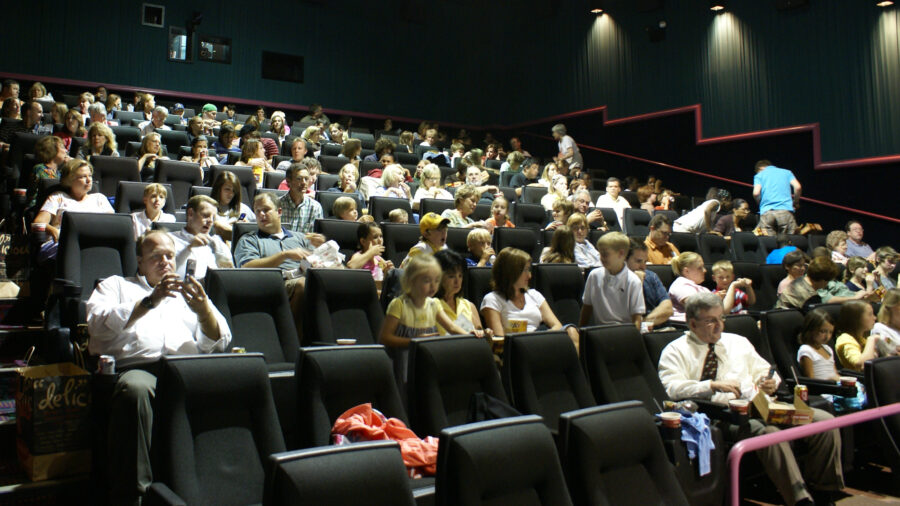
Unfortunately, that model was only going to remain sustainable for so long. Movie theaters were going to have to fight for consumers’ attention as streaming options became more accessible (more on that later), and the level of quality a consumer could expect at a chain theater like Regal or AMC had severely diminished over the last decade. Projection issues, cleanliness, and audience behavior have become worse as the years have gone by, but there was no reason for the big theater chains to do anything substantial about these issues because they knew consumers would keep coming back.
Now, that has changed. It was always going to change but movie theaters expected they had much more time to combat the issue. The coronavirus pandemic has only accelerated a confrontation that was bound to occur, and it is clear that theater exhibition companies were not prepared. And it might be taking us to the finish line before we even know it.
Audiences Have A Better Option
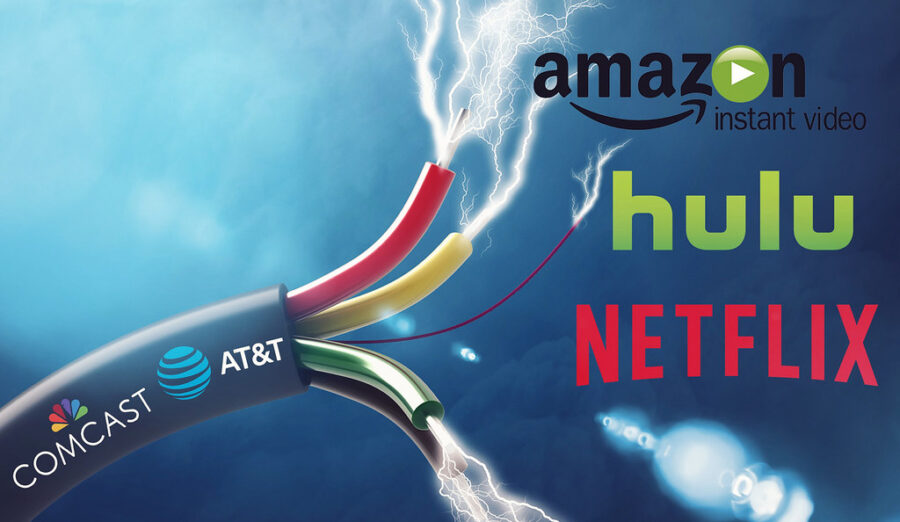
What has really begun to spell doom for the movie theater industry in its current form is the rise of streaming and video-on-demand services. 2020 was already going to be a game-changing year because of the enormous influx of streaming options for consumers to choose from. The coronavirus pandemic forced studios to look at these platforms and figure out the best way to take advantage of them. There were going to be a number of movies planned for 2020 release that could be moved to video-on-demand or streaming, and it was time to test the waters on whether or not consumers would be up for such a change.
Thankfully, the majority of these streaming decisions seems to have worked out. Consumers seem to be comfortable paying a premium price for a rental as long as it equates to equal-or-less-than what they would be spending at the movie theaters. The instant accessibility of streaming and video-on-demand is clearly appealing, as well as the ability to personally adjust your viewing experience. You can pause the movie, change the presentation settings to your preferences, and screen the movie at any time you like. The only values that consumers are missing from the theatrical experience are a sense of group enjoyment and the size/scale of the presentation.
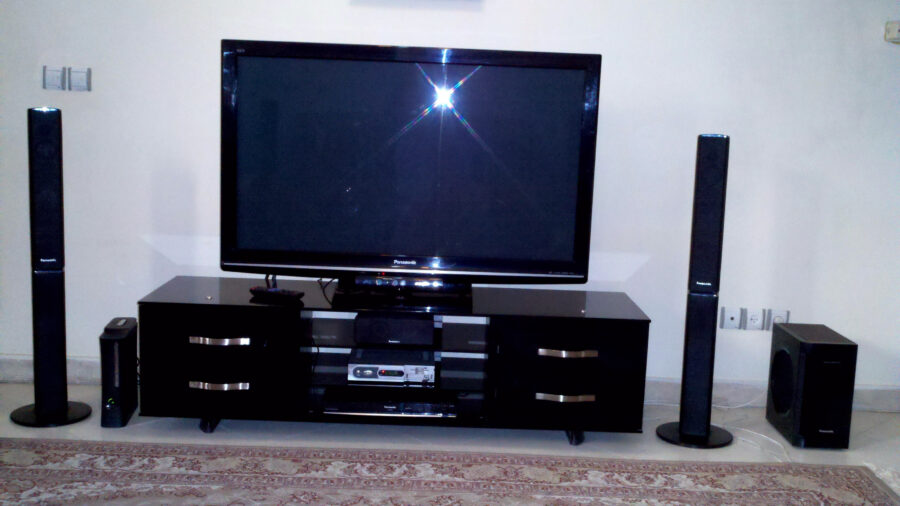
However, the majority of consumers are able to purchase and set up their own functional home theater system, so the size/scale issue is still present but a lot less deal-breaking than it has been in the past. Even so, the appeal of the big-screen experience has diminished for many modern viewers who are more than comfortable watching films on their laptops and phones. It is certainly disheartening to hear that if you are a cinephile, but it is an unavoidable fact.
With all of these factors in place, movie theaters as we have known them for the last fifty years simply are not the best option available anymore. An entire generation will now become used to streaming and premium video-on-demand options, and there is no putting that genie back in the bottle. With the pandemic creating an atmosphere that could keep audiences away for a long time, the system needs to be burned to ashes.
That’s the only way it can complete a phoenix-like arc and come back as something much better.
How Theaters Need To Be Resurrected
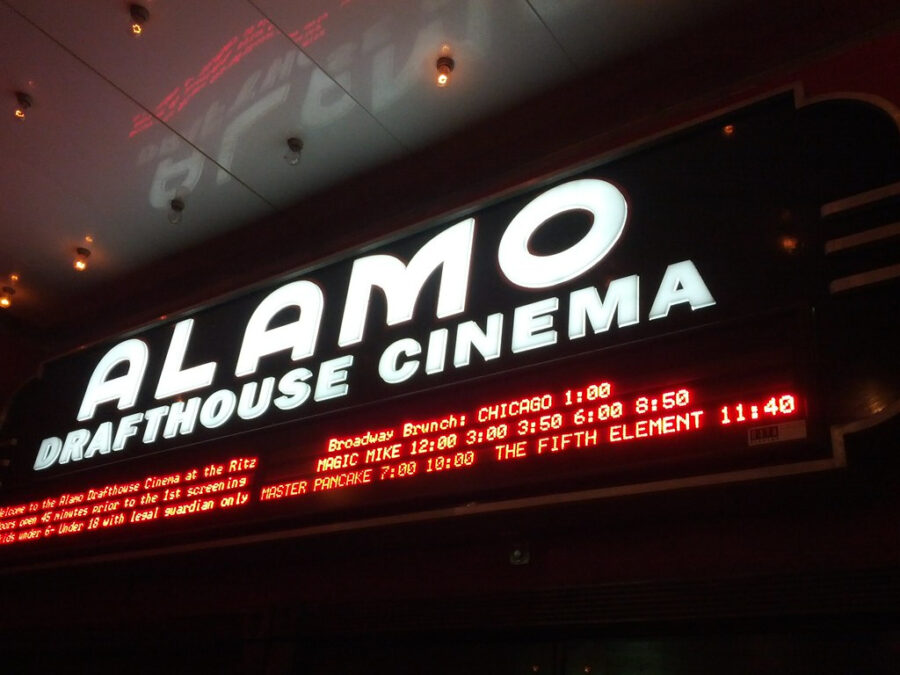
Yes, the headline of this piece is there to grab you and make you think this is some anti-movie theater screed. It only is in regard to what the movie theater business was allowed to become. With giant chain theaters creating a standard operating procedure that diminished the quality of the theatrical experience, they were never going to change their ways of operating. With their potential death looming overhead, this offers an opportunity to talk about how different movie theaters should be when they do return.
Because they will return and they should. The movie theater industry is a cornerstone of America and film is a big part of our cultural identity. There is a reason why “Hollywood” is a term recognized around the world as being indicative of a business instead of a location. One of America’s greatest products (and therefore, exports) has always been movies. When movie theaters do come back, they need to reflect that level of prestige and respect.
Not only will (likely performative) hygiene become a huge factor in movie theaters in the future, but the standards across the business should change. If movie theaters really care about employing people, they should reinstate ushers as a constant presence in the theater to help maintain proper movie-going etiquette. In addition to that, movie theater chains should strictly enforce the kind of rules we’ve seen at chains like Alamo Drafthouse Cinema. And they should hire actual projectionists who are trained and qualified at running projectors at optimal capacity.
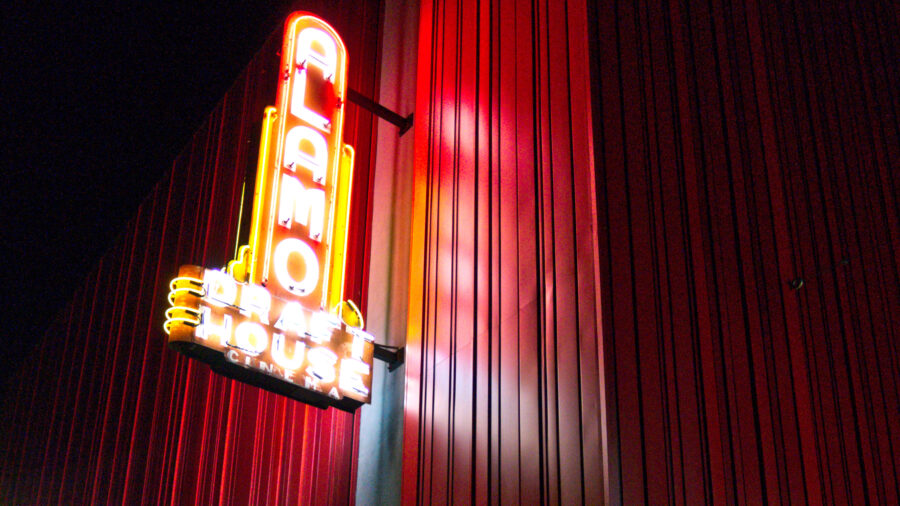
Essentially, movie theaters need to give consumers a reason to spend exorbitant amounts of money. Access to new movies is not enough anymore. It has to be about the entire experience. Chains like AMC and Regal have allowed the standard for the movie-going experience to cater to the lowest common denominator. If they want us to care about going to the movies again, they need to make going to the movies something worth caring about.
And I say this because I deeply care about going to the movies.
I Love Movie Theaters
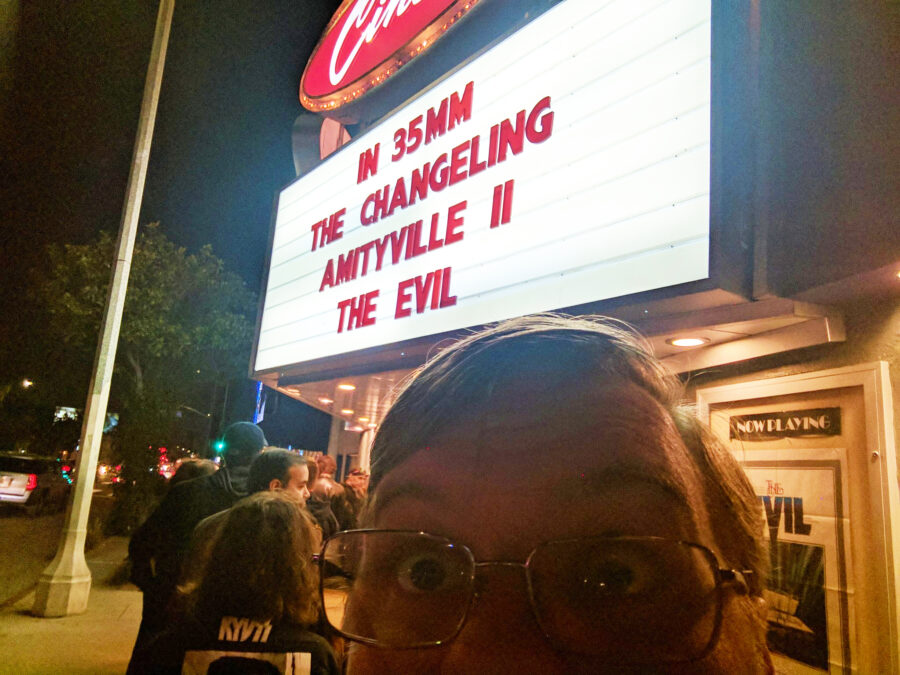
There is something that has to be addressed as this is an especially poignant topic for this author. Normally, my approach to writing is to let my words speak for me and to remove any direct links to myself (I, me, my, etc.). But, with this topic, it is nearly impossible because of how much I value the theatrical experience. I’ve worked for multiple different theaters throughout my life – both film and stage – and my chosen career path is dependent on the constant cycle of new event films that everyone wants to discuss. Not to mention that I love movies and have put an enormous value on the theatrical experience in the past. I’ve gone so far to call going to the movies my equivalent of going to church.
This is all to reinforce that I don’t take what is happening with movie theaters lightly. They mean a great deal to me. While it does bring me genuine pain to think about all of the independent and boutique theaters that will likely be put out of business because of the coronavirus pandemic, I will shed no tears for the idea that AMC and Regal could dissolve because of what is happening. It is awful that the people working for those entities will lose their jobs, but the companies themselves have done demonstrable damage to the moviegoing experience.
I look forward to the day I feel comfortable enough to return to a movie theater. However, that day seems very distant right now. And even when I do return, the options available to me will potentially be as crummy as they were before the pandemic. What is the impetus for me to pay a significant amount of money to go somewhere that doesn’t seem to have the same respect for movies as I do?
My hope is that the big movie theater chains will be forced to fall away and something better can take their place. Because whatever movie I eventually decide to see in a movie theater – once things return to some form of normal – will likely decide whether or not returning to movie theaters is worth it at all.










